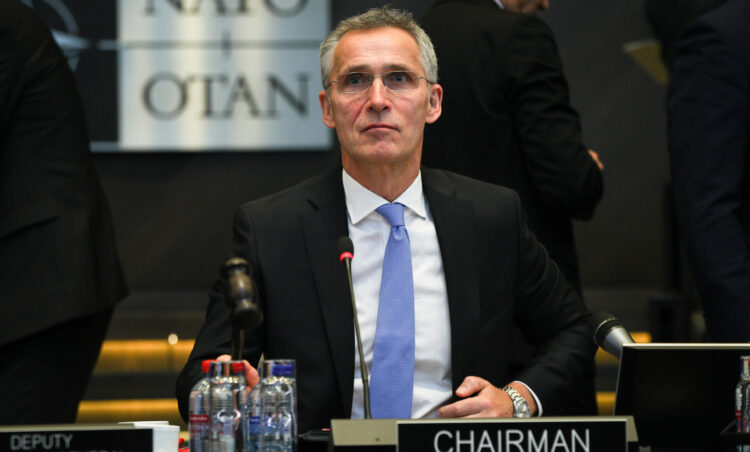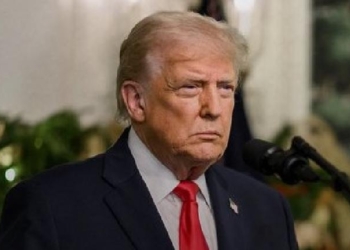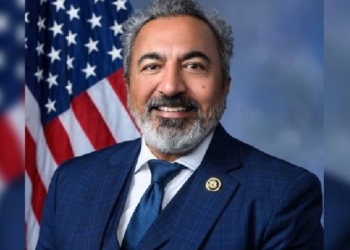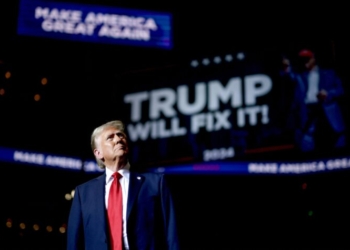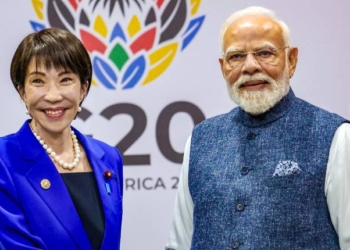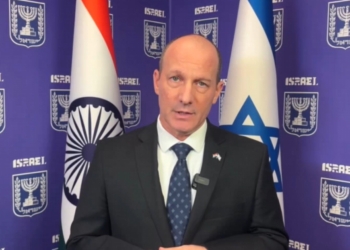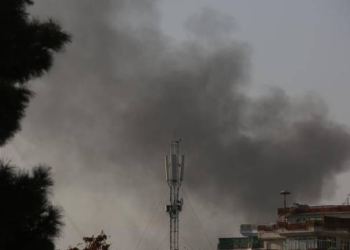Vilnius: Leaders of the NATO have failed to set a timetable for Ukraine’s membership of the alliance, following the first day of the NATO summit in the Lithuanian capital Vilnius.
Speaking at a press conference, NATO Secretary-General Jens Stoltenberg said on Tuesday that the allies have agreed on a package of three elements to “bring Ukraine closer to NATO”. However, he clarified that an invitation for Ukraine to join the alliance will be issued “when allies agree and conditions are met”.
“It’s unprecedented and absurd when a time frame is not set either for the invitation or for Ukraine’s membership. While at the same time vague wording about ‘conditions’ is added even for inviting Ukraine,” Ukrainian President Volodymyr Zelensky tweeted. He is set to attend the inaugural meeting of the new NATO-Ukraine Council on Wednesday.
NATO members have been divided on how to bring Ukraine closer to their bloc. While some Eastern European members are pressing for an explicit commitment on when Ukraine will join, the US and Germany are reluctant to clarify, according to some reports.
Stoltenberg said NATO leaders have also approved the “most comprehensive defence plans since the end of the Cold War,” and endorsed a new defence action plan, Xinhua news agency reported.
Under the new plans, NATO aims to have 300,000 troops fully ready for action. NATO allies have also made an “enduring commitment” to invest at least two per cent of their GDP annually in defence, although after “nine consecutive years of increased defence spending” since 2014, only 11 of the alliance’s 31 members have reached or exceeded this target.
Critics argue that such an emphasis on militarisation fosters an arms race among member states, diverting resources away from social and economic development and negatively impacting citizens’ quality of life.
Swedish expert Jan Oberg said NATO’s pledge to ask its members to invest a minimum of two per cent of GDP annually on defence was “absurd”.
A military budget “should be decided according to a comprehensive threat analysis, followed by a priority discussion, and never be tied to a country’s economic ups and downs,” Oberg added.
“What we are seeing is a rampant, exclusivist militarism that doesn’t care about the other side or about the consequences of its own provocative policies,” said Oberg, Director of the Transnational Foundation for Peace and Future Research.
Analysts have also warned that NATO’s expansion and its responses to the Ukraine issue may seriously threaten global security.
Sevim Dagdelen, a member of Germany’s lower house of Parliament, told Xinhua in a recent interview that NATO is not a defence alliance, although that is the constant refrain of Western leaders.
At the same time, the military pact is engaged in an aggressive arms drive and is thwarting all negotiation efforts regarding the Ukraine crisis, she said, accusing NATO of fighting a proxy war against Russia by supplying military aid to Ukraine.
Kremlin spokesman Dmitry Peskov on Tuesday accused NATO of treating Russia like an “enemy”.
“We are clearly talking about the summit of an association, which has a pronounced, concentrated anti-Russian nature,” local media reported Peskov as saying.
He said that Moscow has witnessed repeated waves of NATO expansion towards its borders, and the West does not understand the risks of this expansion.
Ahead of the two-day summit, protests against NATO have been held in several European countries.
Underlining that the summit will see “calls for further escalation” of the Ukraine war, the “Stop the War” coalition organised a day of peace protests across Britain on Saturday. Meanwhile, in Paris, a march against the military alliance drew hundreds of people, with many calling for France to withdraw from NATO.
(IANS)




